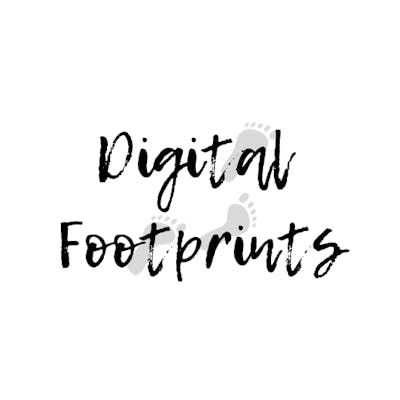
Photo by Henry & Co. on Unsplash
How to get started with Oracle Database
Everything you need to know to get started with Oracle!
Introduction
If you have been wondering how to get started with Oracle RDBMS, your search ends here. I will cover all things Oracle over multiple blog posts. First, let's talk about why would you choose Oracle over other RDBMS that are available in the market.
Why Oracle:
Oracle is one of the best implementations of RDBMS. Here are a few of the reasons why a company might choose Oracle over other RDBMS:
Performance and scalability: Oracle Database can handle high volumes of transactions and queries with fast response times and minimal resource consumption. It can also scale up or down as needed to meet changing business demands.
Flexibility and compatibility: Oracle Database supports multiple data models, such as relational, JSON, NoSQL, and MySQL, which makes it easy to create new applications and add new features. It also works with various operating systems, programming languages, and development tools.
Availability and reliability: Oracle Database ensures the highest level of data availability and protection against failures, disasters, and human errors as it provides automatic backup and recovery options. It offers features such as Oracle Real Application Clusters, which allows multiple servers to share a single database, and Oracle Active Data Guard, which enables real-time data replication and failover.
Cost and consolidation: Oracle Database can help reduce operational costs by consolidating multiple databases into a single database. This reduces the need for hardware, software, and maintenance resources. Oracle offers multiple licensing models for customers to choose from according to their needs.
Security and compliance: Oracle Database provides comprehensive security features to protect data from unauthorized access, theft, or tampering Out of the Box without needing to do many configurations. It supports encryption, authentication, authorization, auditing, and masking of data. It also helps customers comply with various regulations and standards, such as GDPR, HIPAA etc.
Good Technical Support: Oracle is a closed-source system so if something goes wrong or you have an issue, the solution is just a call away. Oracle has one of the best and most reliable technical support.
Plethora of Other Features: You can write complex queries using PL/SQL in Oracle while still maintaining high performance. If you leverage features like bitmap indexes, sub-partitions, hybrid columnar compression, parallel queries etc. you can maximize the use of your hardware and end up saving money in the long run.
How to quickly get started with the learning setup free:
If you are learning the Oracle database on your own, you want to have a free quick setup without getting stuck in installing the comprehensive system and paying for it. Here are a few ways to achieve that:
Official Oracle Training Page (https://education.oracle.com/):
Oracle has free and paid training available for all its products! It's self-paced and you can earn a certificate from Oracle once you pass the certification exam for it.
Here are the links to the basic Oracle and SQL video training:
Oracle Database Explorer - Oracle MyLearn
Oracle SQL Explorer - Oracle MyLearn
Earn The Oracle Database SQL Associate Credential - Oracle MyLearn
LiveSQL (https://livesql.oracle.com/):
If you want to get hands-on experience with your SQL along with example scripts for syntax, go to livesql.oracle.com and start writing SQL queries! It has Oracle schemas like HR, SCOTT, WORLD etc. so you can directly start writing SQL. You can create and save your schemas, and write advanced SQL, and PL/SQL scripts. This is the easiest and fastest way to get hands-on.
Oracle Database VirtualBox Appliance:
You can install the virtual machine with Oracle 23c Database - developer release on it for learning purposes. Once you install the VM and start it, you can simply go to SQL Developer Web (http://localhost:8080/ords/sql-developer) and start learning. The Oracle schema HR can be logged into with credentials hr/oracle.
Link to download:
Developer Day - Hands-on Database Application Development (oracle.com)
These are the quickest and easiest ways to get started with it. of course, you can always get the complete paid version but that's not needed for learning.
Conclusion
I hope this article was helpful in some way. This is the first one of many to come. I will be writing more here, so if you like it, let's connect on Hashnode to have this journey together :)
Questions and feedback are always welcome :)

